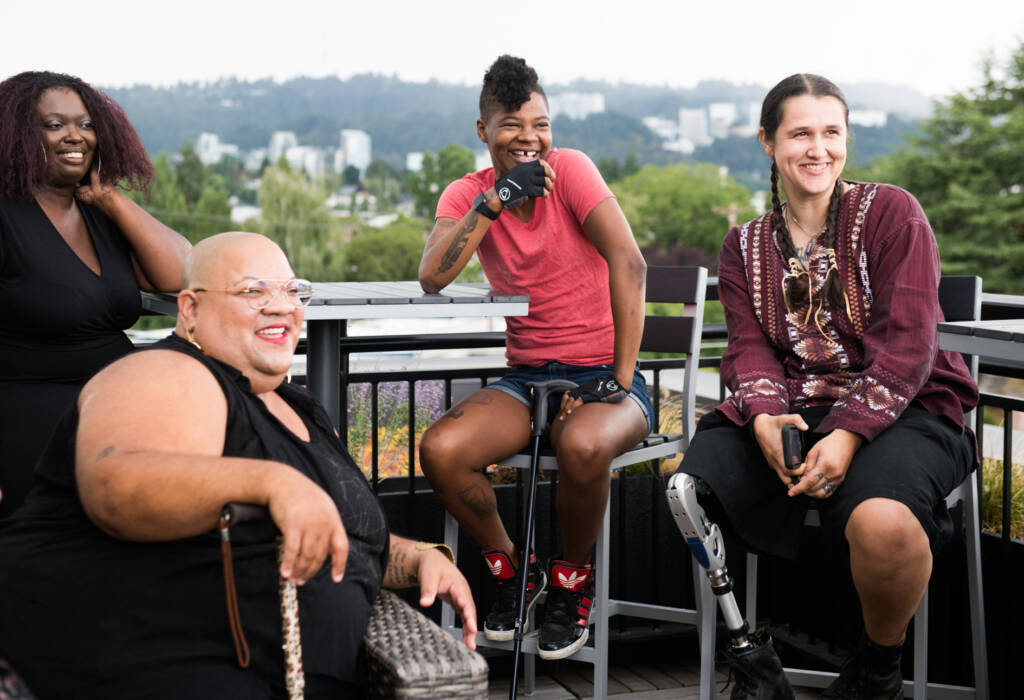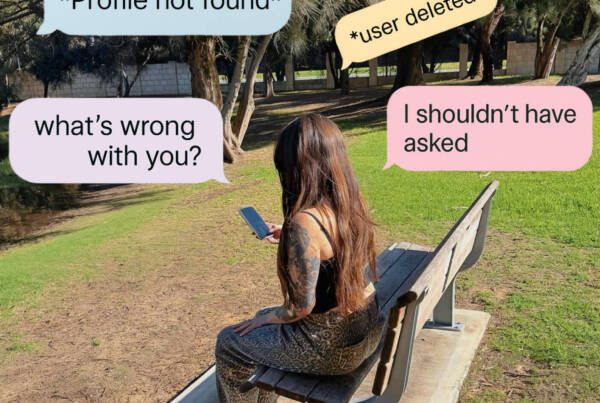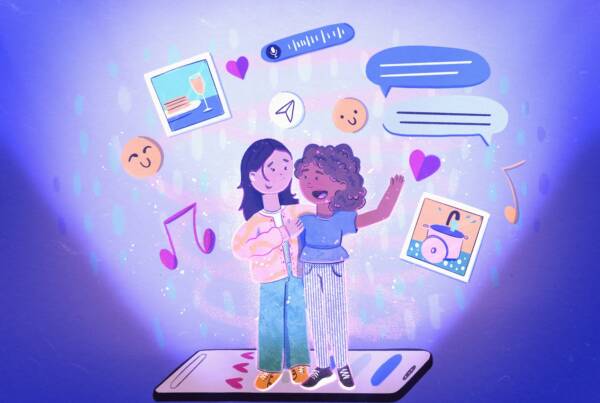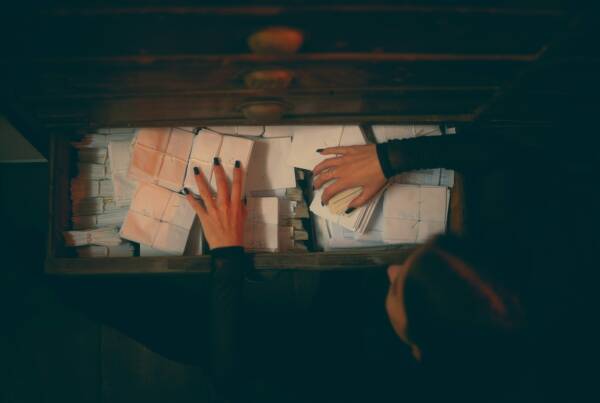Writing by Nat Thomas // Illustration by Disabled and Here
 For the first time in Australian history we have an Australian of the year with a visible disability. Last week, Dylan Alcott won the Australian of the year award, this is huge news for the disabled community as its brought disability to the forefront of the conversation at a time where our lives have been dismissed and marked as a reasonable loss by the rest of society.
For the first time in Australian history we have an Australian of the year with a visible disability. Last week, Dylan Alcott won the Australian of the year award, this is huge news for the disabled community as its brought disability to the forefront of the conversation at a time where our lives have been dismissed and marked as a reasonable loss by the rest of society.
Whilst we the disabled community are overjoyed for Dylan and for the visible representation he brings, we are also quite scared of what we’re going to be seeing come from it this year.
Already we are seeing people without disability speaking for disabled people and being congratulated for the work they do for us, we’re seeing people without disability promoting disabled people as worthy but only if those disabled people can be capitalised off, and we are already getting a tidal wave of inspiration porn flooding in from people trying to find a good news story around every corner if it involves a disabled person.
Why is this such a bad thing you might be asking? Up until the 1980’s, disabled people didn’t have rights. In Australia, the Disability Discrimination Act wasn’t developed until 1992 and we didn’t start seeing social change until the mid 2000’s – the last 40 years have been a constant fight for disabled people to prove that we deserve to have the rights we do have so that we can keep them and hopefully gain a few more in the process.
We really haven’t had access to equal rights for very long and the rights we do have access to were predominantly decided on by non-disabled people. Whilst we appreciate having these rights, there are many areas in our lives where our basic rights get ignored.
Access to premises, access to equal education, access to paid and meaningful work, access to healthcare and even access to relationships and family are often denied or overlooked. Disabled people fall into the bottom 20% of gross household incomes, disabled children are four times more likely to be abused than non-disabled children. A large percentage of the disabled population doesn’t have access to sex education and has decisions made for them about their rights to have a relationship and to reproduce. Forced sterilisation and forced abortions still occur in Australia to people with disability in group homes – this is still legal and sanctioned in Australia, yet it’s a conversation the Australian public would rather not have.
A life shouldn’t be seen as worthy because it can be profited off, disabled people who require full-time support are worthy and should be treated as such. They shouldn’t be hidden away to have their rights stripped from them behind closed doors.
Too often non-disabled people make decisions for disabled people without consulting with us. There is a misleading assumption that we don’t know what we need, but somehow non-disabled people with zero lived experience of disability do.
So, with all this in mind, it shouldn’t be surprising that the disabled community is worried this year will bring about a spur of ‘good Samaritans’ filled with a charity complex coming along to ‘do good’ for us as a community without actually consulting or working with us to ensure they aren’t causing further harm.
We don’t want to inspire you to be a better person or to go out and exercise.
We don’t want to be used as a reminder that your life could be worse.
We don’t want pity, we don’t want your feeling of shame, and we don’t want your assumptions. We don’t exist for any of these reasons and you shouldn’t treat us like we do.
We do want to live in a world where we can exist without being looked down upon, where strangers don’t think its OK to ask us why we are disabled or try to get us to disclose our medical history. We want to live in a world where we aren’t seen as brave for doing basic things everyone else in society does without a second thought like being outside, working, or buying groceries.
We want to be able to ask for equal access without it being seen as a waste of taxpayer dollars or as burdens on the system.
If Dylan has inspired you to be a better person for disabled people and it’s got you suddenly interested in helping us, please think before you do and consult with actual disabled people. We know what we need and what we want better than anyone else. The few weeks you spent in a wheelchair after breaking your ankle does not give you lived experience of disability, neither does having an Autistic niece or nephew.
Instead of thinking about what new things you can do to help us, instead of commenting or sharing that post about how inspiring a disabled person is for living, amplify the voices of disabled people and push for our rights. Push for equal care and equal access, watch Stella Young’s TED talk ‘I’m not your inspiration thank you very much’. If a disabled person tells you that you’re being ableist or adding to the problem, listen and learn. Speak up when you see injustice or when ableist language is being used. Read up on the social model of disability and rethink the language you use daily and push for meaningful representation – remember that there is nothing about us without us.
We have every right to have a normal life and to be seen within society on an equal basis with other, it’s time we started being treated like we do.






